Social movements warn COP22 could accelerate climate catastrophe
- TeleSur
- 16 November 2016
Agriculture and land grabs aren't at the center of the official climate change debate, a fact that will imperil the planet.

Agriculture and land grabs aren't at the center of the official climate change debate, a fact that will imperil the planet.
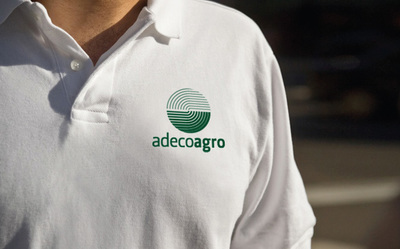
IFC, a member of the World Bank, will provide US$50 million to the Argentine subsidiaries of Adecoagro S.A., a company backed by billionaire George Soros, to support resource-efficient farming and food processing technologies
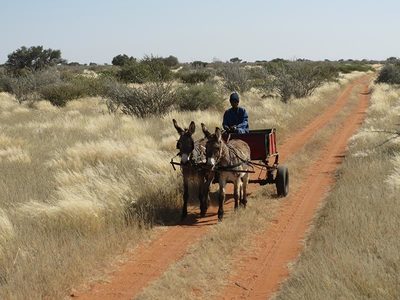
Namibia's lands minister Utoni Nujoma has reportedly tabled a bill that would see foreign nationals being barred from owning land in the southern African country.
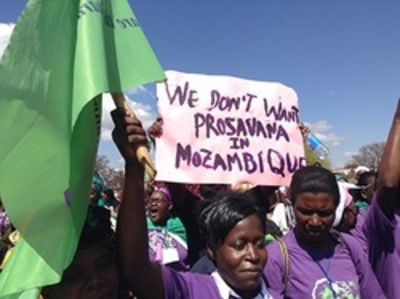
Is land-grabbing over, in Mozambique and across Africa and the rest of the developing world? Now that crop and food prices have returned to their usual punishingly low levels, is the pressure off from foreign buyers looking to acquire large tracts of agricultural lands?

Citizens of Kpanyan Statutory District in Sinoe County, Liberia have given a one-month ultimatum to Golden Veroleum Liberia (GVL) to either meet their demands or leave the county.

Montreal-based Fiera Capital Corp. is taking the next step in its aggressive expansion plans that include adding agriculture and private equity to its current asset class offerings.
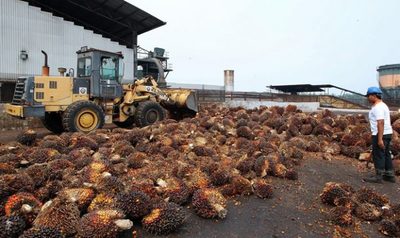
Philippines Trade Secretary Ramon M. Lopez said the Malaysian proponent is keen on tapping 200 to 300 hectares of land for the palm-oil plantation. He added that the project is purely a private-sector undertaking.
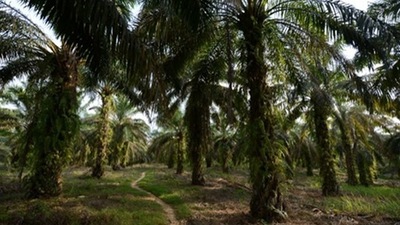
During President Rodrigo Duterte's visit to Malaysia, Malaysian businessmen expressed their interest in investing in palm oil plantations in the Philippines.
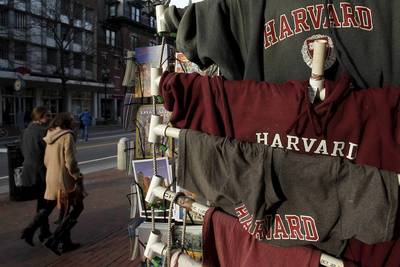
The portfolio, once considered a crown jewel in the endowment, is vast with assets including timberland plantations in Central and South America, a dairy farm in New Zealand, and vineyards in California.

The Nigerian government extended an invitation to Russians to take advantage of the country’s arable land to produce and export agricultural products.

The Russian Direct Investment Fund (RDIF) and Abu Dhabi's Mubadala Development Company have confirmed plans for their joint investment in two of Russia's largest agricultural and food companies.

Lagos Food Security Summit and Exhibition was organized to bring together stakeholders in the Agricultural sector to proffer solutions to the challenges militating against the achievement of food security